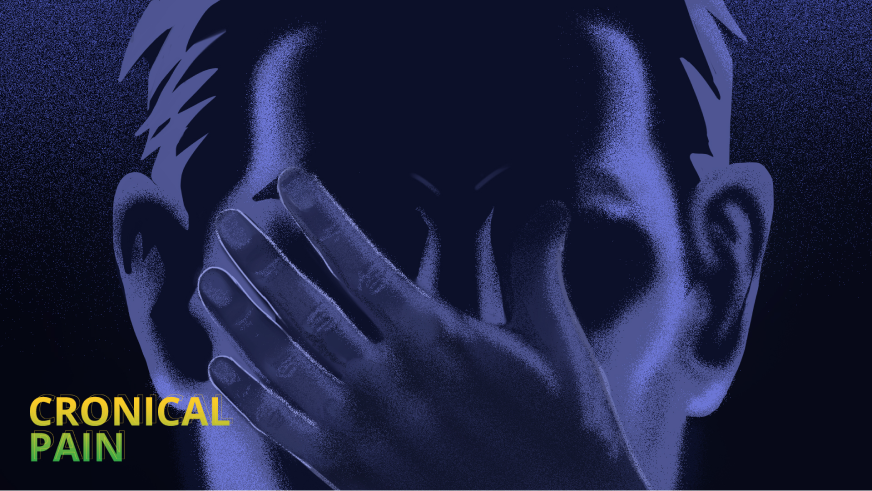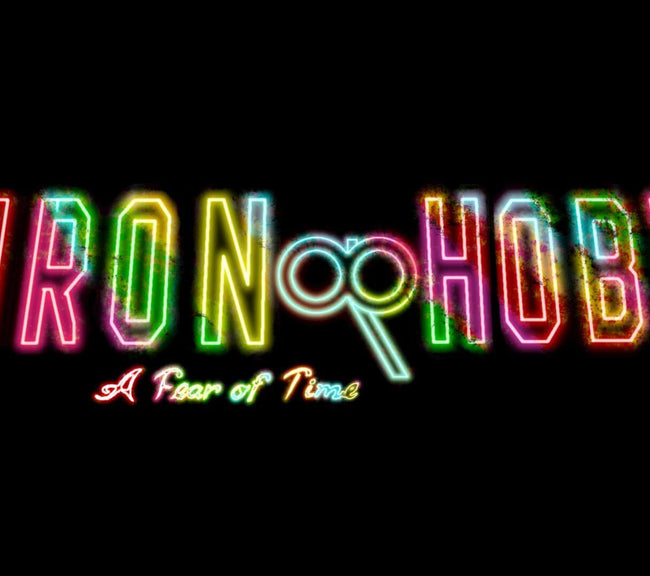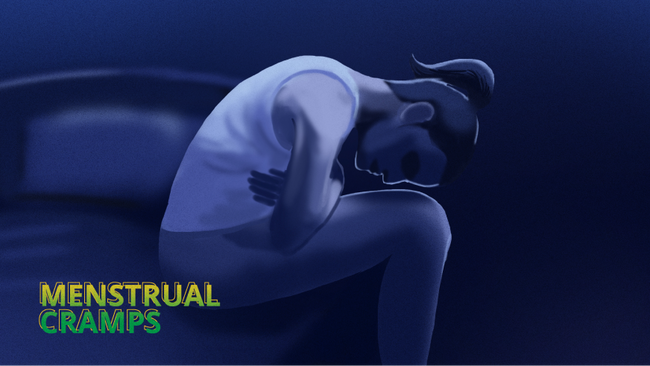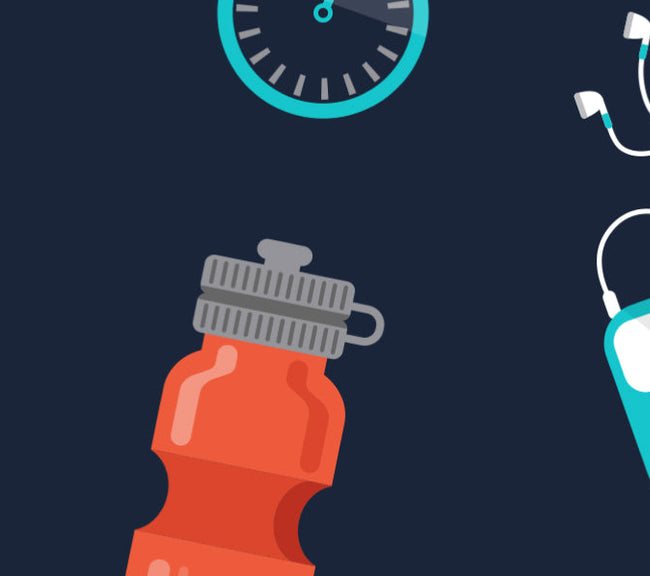The most common mental health fight in the US is depression. Depression can lead to hopelessness, excessive feelings of guilt, insomnia, fatigue, and brain fog.
When it comes to depression, brain fog is an important symptom, because it can alter your functioning every day. Even after you are in remission from depression, it can continue, and also impair:
- Your capacity for clear thinking
- Your reaction time
- Your recollection
- Making decisions and prioritizing tasks
- Thinking or responding quickly
- Learning new skills or information
Not everyone experiences brain fog with depression, although many people do. Not everyone who has brain fog will have the same set, severity, or range of symptoms.
According to some estimates, the prevalence of brain fog in people with depression is 85–94% during depressive episodes and 39–44% during periods of remission.
How Depression Causes Brain Fog
Additionally, since your body will use all it’s resources to heal the site of the surgery, you will need to rest. The best way to heal is to rest, therefore rest as much as you can. This will allow the immune system to heal the site of surgery much quicker, thereby allowing you to be back to normal much faster. Depression in critical brain regions seems to involve dysregulation in neural networks.
Reduction in neurotransmitter levels or efficacy may also affect the symptoms of brain fog. These neurotransmitters are:
- Serotonin (5-hydroxytryptamine [5-HT])
- Glutamate
- Acetylcholine
- Dopamine
- Gamma-aminobutyric acid (GABA)
Some studies show that depression can also cause cognitive symptoms by:
- Brain and nerve cell growth reduction
- Brain-Derived Neurotrophic Factor (BDNF) dysregulation
- Inflammation in the central nervous system
Medications
Depression drugs, such as antidepressants, are another suspect. These drugs work to restore the brain's chemical balance and, hopefully, to relieve symptoms of depression. However, ironically, these drugs appear to contribute to the brain fog as a side effect due to the brain's biochemical changes. It's worth tracking when you experience a brain fog episode when you feel that your antidepressants are the real culprit. If you follow a brain fog shortly after you take your pills, you could have something. In general, the monitoring of your symptoms can help you to find small ways to prevent brain fog.
Lack of Sleep
Sleeplessness, characterized by falling or sleeping problems, is closely linked to depression. Actually, the relationship is two-way. This means insomnia increases the probability of depression, as it takes energy and physical reparations from sleep. In turn, it's difficult to sleep in the night because of the restless cycle of negative thoughts because of being deprived. As you might imagine, the end product is unsurpassable tiredness.
Risk Factors
Depression and associated brain fog can be experienced by anyone at any age. Researchers believe that a combination of genetic, environmental, physiological, and biological factors leads to depression.
Common depression risk factors include:
- History of depression - personal, or family
- History of trauma in the past
- Chronic stress
- Sudden major life changes
- Chronic or disabling physical or mental illness
- Medications
Treatments for brain fog depression
The ongoing depression treatments do not seem to improve the symptoms of brain fog, but serotonin-norepinephrine (SNRIs) are usually more effective than SSRIs2.Researchers continue to try to figure out which drugs or other treatments can help people cope with brain fog and recover.
The treatment of brain fog can also reduce the risk of recurrence in persons with depression. Some approaches to psychotherapy, such as CBT, may help many people.
Cognitive therapies like cognitive remedies and neurorehabilitation can also help reduce the symptoms of brain fog.
There may also be people who find home remedies and lifestyles that improve cognitive skills. These could include:
- Meditation and other stress-reduction techniques
- Exercising
- Sleeping well throughout the night
- Matching or word games such as puzzles, crypto quotes, and crosswords
- Reading your favorite genre
- Identifying and eliminating common distractions
- Breaking big tasks into small bite-size chunks, and focusing on one task at a time
- Avoiding caffeine or alcohol
- Taking breaks
- Learning and respecting t personal limits to avoid frustration or oversight
- Use recalls such as diaries, calendars, post-it notes, cellular alarms and lists
Moving forward
If you have depression, you may feel forgetful, and be uneasy. The signs of brain fog that you are experiencing may definitely be a symptom of your depression. There is still little understanding of the effect and extent of brain fog symptoms linked to depression. The severity and persistence of cognitive symptoms can however reduce life quality, impair recovery from depression, and increase the risk of recurrence.
There are currently no medications approved for the treatment of brain fog in the United States, although a few medications, psychotherapy, and home-based techniques may reduce or simplify the handling of the symptoms.
If you have brain fog during the depression, you should talk to your doctor about ways to deal with it. Sometimes a reduction in dose of your medication may help, along with CBT, proper sleep, and stress management.
References:
- Perini, G., Cotta Ramu sino, M., Sinforiani, E., Bernini, S., Petrachi, R. and Costa, A., 2020. Cognitive Impairment In Depression: Recent Advances And Novel Treatments.
- Gonda, X., Pompili, M., Serafini, G., Carvalho, A., Rihmer, Z. and Dome, P., 2020. The Role Of Cognitive Dysfunction In The Symptoms And Remission From Depression.
- Perini, G., Cotta Ramu sino, M., Sinforiani, E., Bernini, S., Petrachi, R. and Costa, A., 2020. Cognitive Impairment In Depression: Recent Advances And Novel Treatments.
- Gonda, X., Pompili, M., Serafini, G., Carvalho, A., Rihmer, Z. and Dome, P., 2020. The Role Of Cognitive Dysfunction In The Symptoms And Remission From Depression.







































